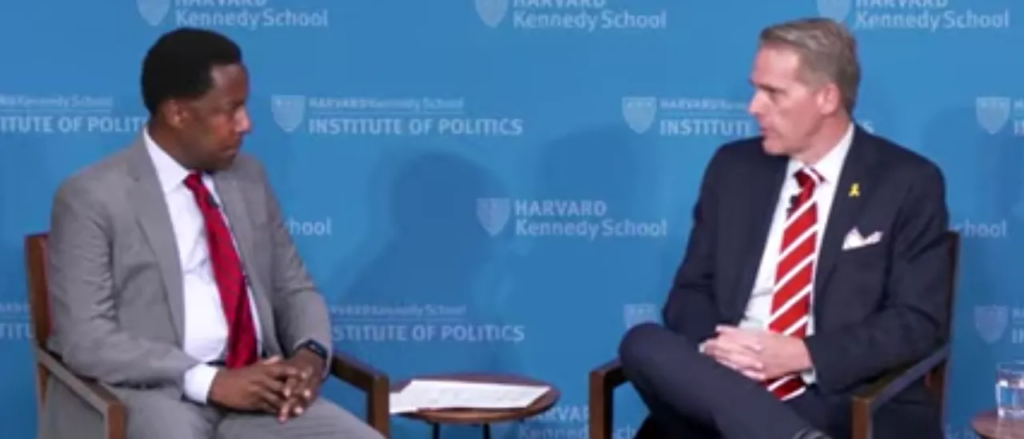Republican Coalition Concerns Highlighted at Harvard
During a recent speech at Harvard Kennedy School’s Political Institute, Republican strategist Scott Jennings raised questions about whether the coalition that supported President Donald Trump can be sustained after he leaves office.
CNN’s chief data analyst, Harry Enten, noted in August that Vice President JD Vance seems well-positioned to secure the Republican presidential nomination in 2028. Jennings, in a live stream from the Institute, expressed uncertainty about Vance’s chances if he didn’t win the nomination, despite Trump emphasizing Vance’s importance.
“To me, it’s tough to envision anyone replicating what Trump has done,” Jennings commented. He expressed doubts about who could bring together the diverse coalition that Trump managed to unite for his victories. It’s a significant political comeback, perhaps unparalleled, and Jennings finds it challenging to see someone else step into that role effectively.
He continued, questioning the future of the Republican party, especially if Vance is not the candidate. “If Vance and Trump maintain a good relationship, it’s shocking, but I think there’s a distinction between moving forward and truly replicating Trump’s success,” he added.
Jennings also pointed out that some of Trump’s voters might not back the Republican party in the future. Historically, they supported Trump in presidential elections, but not always in midterm elections. “Would they support the next candidate who isn’t Trump? That remains unclear,” he said. “If Republicans want to keep the coalition Trump built, they’ll need to tackle that issue.” He noted that while Vance is talented, he brings a different skill set and perspectives on various policy matters compared to Trump.
An analysis by the democratic data company Catalyst revealed insights into voting patterns from the 2024 presidential election, showing that former Vice President Kamala Harris struggled to secure the support of younger and more diverse voters. News Nation political contributor Chris Chiliza remarked on Trump’s growing support among non-white voters, particularly younger individuals.
“Latino men shifted their support to Trump significantly in 2024, affecting election dynamics,” Chiliza stated. He highlighted that voters aged 18-29 leaned more towards Republicans in 2024 compared to the previous election cycle. Notably, young Latinos, Asian Americans, and Pacific Islanders showed increased support for the Republican party over four years.







